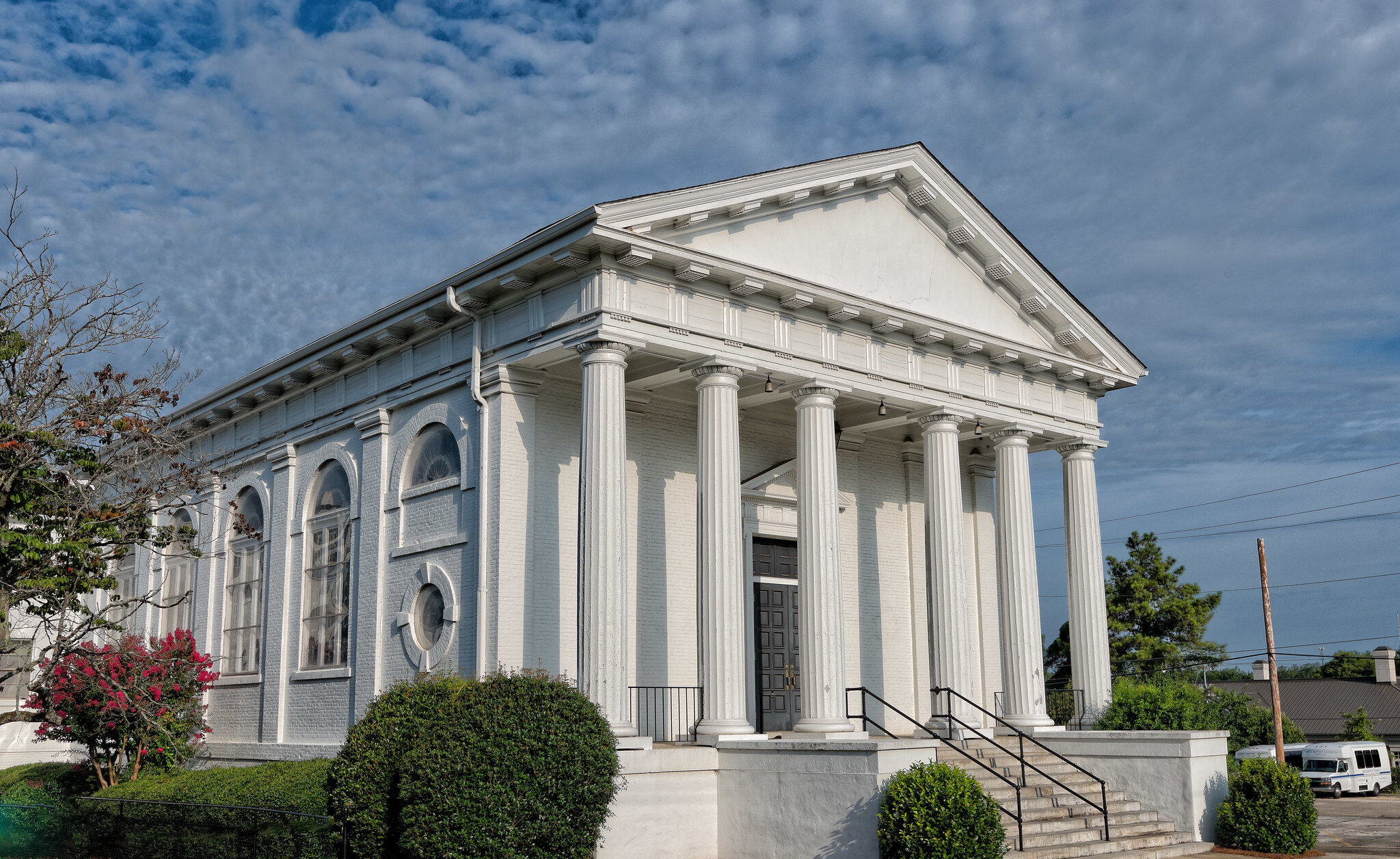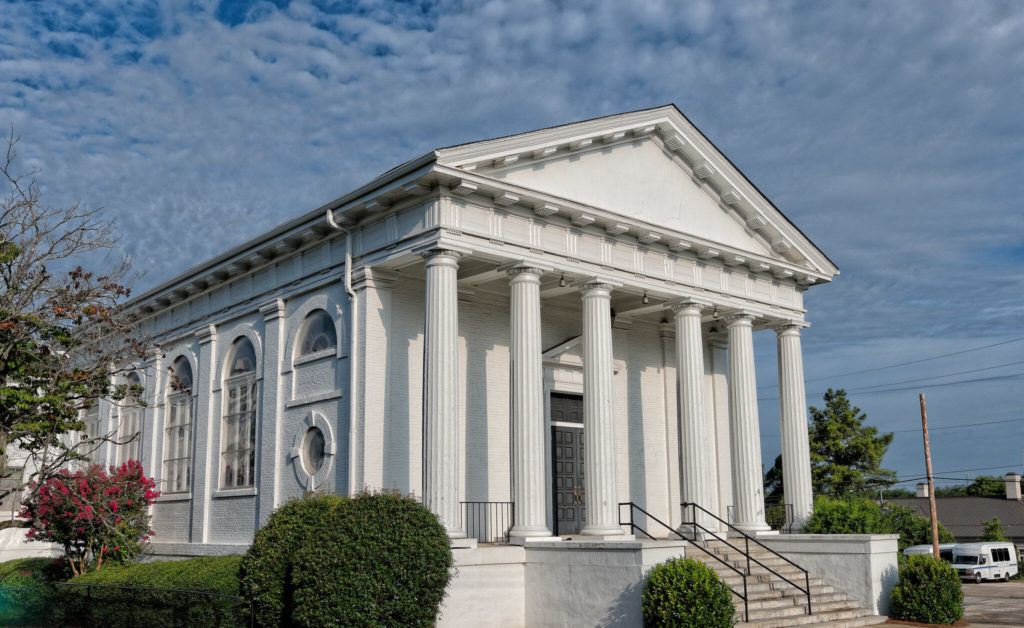Originally Authored at TheFederalist.com

The Southern Baptist Convention (SBC) is sharply divided over a proposed amendment to ban affiliated churches from allowing women to serve as pastors and elders. A vote on the amendment will take place at the annual SBC meeting this Tuesday. While there is a general theological consensus that senior pastor roles should be exclusively filled by men, opinions vary widely on the broader implications of what is being referred to as the “Law amendment.”
The amendment, proposed by Arlington Baptist Church pastor Mike Law, would insert new language into article three of the SBC’s governing document, which outlines the requirements for churches in the SBC.
“A church [is] in friendly cooperation with the Convention . . . which . . . ‘6. Affirms, appoints, or employs only men as any kind of pastor or elder as qualified by Scripture,’” the amendment states.
“Cooperation with the convention” means a church can send voters to the annual meeting and participate in SBC business, among many other privileges.
Supporters argue that the amendment will enforce the doctrinal statement of the Baptist Faith and Message, which asserts, “the office of pastor/elder/overseer is limited to men as qualified by Scripture.” Churches within the SBC are fully autonomous and expected to “closely,” but not strictly, follow this statement, and interpretations vary. Most churches apply this limitation to all pastoral roles, while some restrict it only to the senior pastor.
“For a long time, contrary to our Convention’s statement of faith, women have served as pastors in our Convention,” Law wrote in a letter to the SBC’s executive committee. “The problem is clear. The Bible is clear. Our Confession is clear. Now it is time for our Constitution to be clear, which will help secure our unity in the truth as a Convention.”
At the heart of the amendment is theological disagreement over the role of women in church leadership. The vast majority of SBC churches hold to “complementarianism,” the belief that men and women have different roles in the church and pastoral ministry is limited to men.
However, many prominent complementarians within the SBC have opposed the amendment.
They warn of collateral damage for churches that adhere to complementarian doctrine but have a nomenclature problem. These churches may title women as pastors even though they are not actually serving in lead roles, such as children’s pastors.
J.D. Greear, former SBC President and pastor of The Summit Church in Durham, North Carolina, shares this concern.
“Complementarian churches with inaccurate titling for some of their women in ministry are put into the same category as those harboring known sex abusers or marrying gay couples,” Greear wrote in a blog post. “Southern Baptists may well end up pushing away some churches that are actually with us theologically but choose to use a term that most of us believe is not biblically accurate for a particular ministry role – just as if they were either unrepentant racists…”.
Like Greear, current SBC President Bret Barber agrees the amendment is not the way to enforce complementarianism.
“I think that when we face extremely confusing and convoluted questions, we ought to just let the messenger body pray about it and sort that out,” he said in an interview at First Baptist Church in Jacksonville, Florida. “We have the framework in place right now without any amendment.”
The amendment comes amidst growing concern that allowing female pastors will cause the SBC to drift toward liberalism. Law describes the issue as a “canary in the coal mine,” noting the decline of conservatism in the Episcopal Church USA and United Methodist Church after they permitted female pastors. Others have noted that many Pentecostal denominations ordain women but still maintain conservative theology.
The nominees for SBC president, all conservative-leaning, remain split on the issue. The SBC’s Executive Committee previously recommended that the amendment be declined.
Tuesday’s vote comes after the amendment was overwhelmingly approved at the 2023 annual meeting. According to SBC bylaws, constitutional updates require a two-thirds vote at two consecutive meetings. If approved this year, the SBC’s “credential committee” would begin the task of determining whether churches are qualified to send voters to the next annual meeting. Therefore, the amendment will not take full effect until 2025.
Monroe Harless is a summer intern at The Federalist. She is a recent graduate of the University of Georgia with degrees in journalism and political science.
